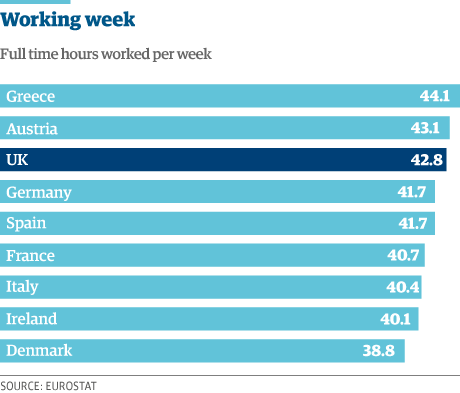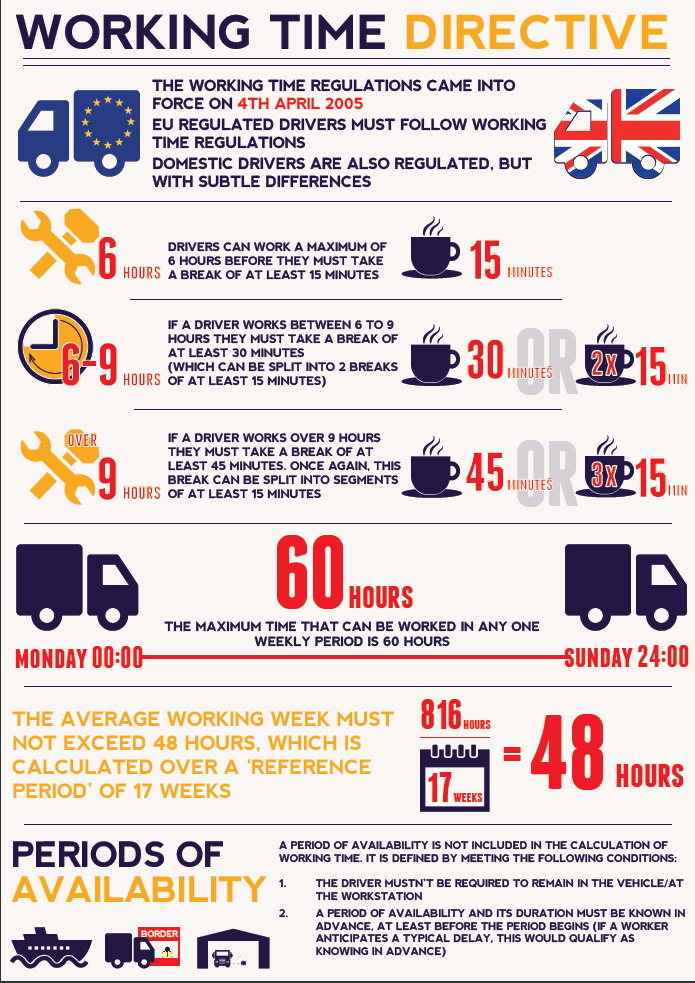


While trade unions have welcomed the directive's implementation, industry leaders strongly opposed it.Įxecutives complained that the initiative created unecessary paperwork, and added an extra cost to UK businesses, reducing their competitiveness. So Amicus took its campaign to Brussels, which has ordered the UK to amend its legislation.

Two years ago Amicus officials complained to the government, which refused to review the UK's implementation of the directive. Overtime hours for UK workers on night shifts are excluded from the overall 48-hour week count.This "comprehensively undermines the intent of the directive", Amicus says. In the UK, employees can volunteer to work more than 48 hours a week, and so can work unlimited hours.UK employers do not force workers to take holidays and breaks they are entitled to, so that staff could still in theory work 24 hours a day 365 days a year.Researchers at trade union Amicus noted apparent differences between what European Commission officials had intended the directive to cover, and how it had been enshrined into law over here.Īmicus found three principal areas of concern: The regulations became law in the UK in October 1998. Workers in a few sectors, such as some transport and healthcare workers, police officers and the self-employed, are exempted. The directive's headline regulation is aimed at limiting the average working time for employees in the European Union to 48 hours a week. It lays down regulations on matters such as how many breaks employees can take, and how much holiday they are entitled to. The directive is a European Union initiative designed to protect workers from exploitation by employers. Why did the initiative attract so much attention, and why has it returned to the headlines? The working time directive was highly controversial when it was introduced to the UK four years ago.


 0 kommentar(er)
0 kommentar(er)
